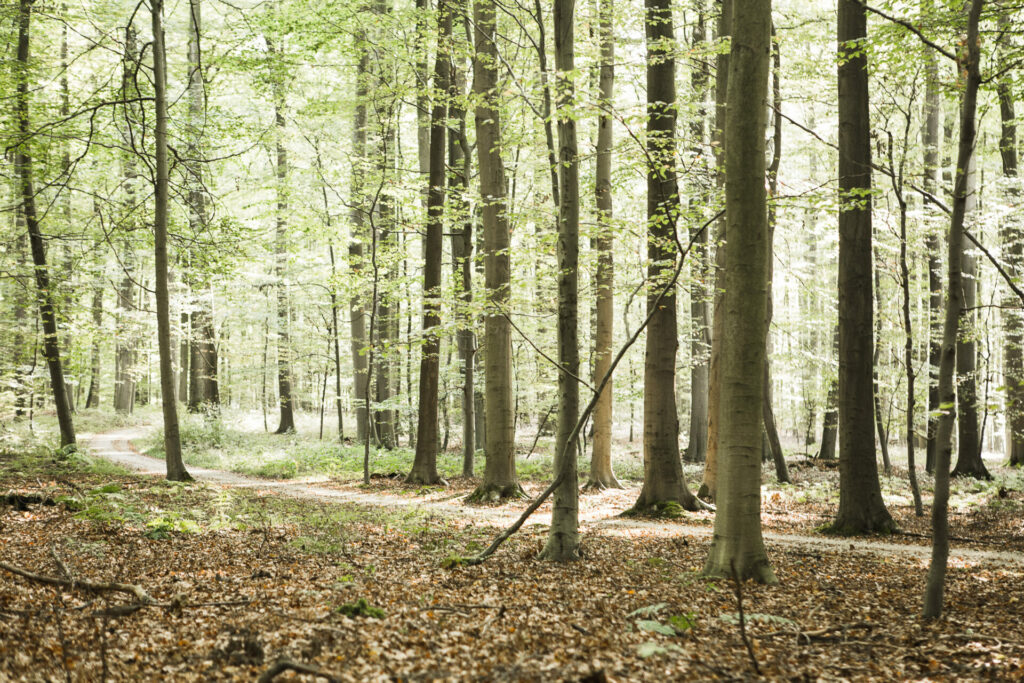With rising prices of firewood due to the current energy crisis, alternatives have been sought from Belgian forests. However, existing regulations make this an increasingly implausible option.
As there are 500,000 hectares of forests in Belgium, half of which belong to public authorities, some people were looking at these as potential stores for the cold months ahead – but there are limitations and rules in place to protect these reserves.
In the forest of Saint-Hubert, as in others, the forest code already regulates logging and prohibits cutting trees without first having bought the standing tree from the owner.
Furthermore, despite the ongoing energy crisis, Thierry Petit, forestry officer of the Public Service of Wallonia, has explained that no trees will be cut to produce more firewood, as "for the forest to regenerate, we must not take more wood from it than it can give because it would threaten its health."
Related News
- Energy crisis fuels rush for firewood sending prices skyrocketing
- European Parliament votes for stricter policy against deforestation
- Belgian municipalities replenish budget by selling wood
As a result, Petit reiterated the fact that collecting dead wood in the forest is a criminal offence, as even dead branches can serve as shelter for small animals. The forest code states that as much dead wood as possible should be left on the ground, to enrich the soil by decomposing, as not doing so would be putting biodiversity at risk.
In addition, it is also mandatory to leave two dead trees per hectare as dead wood will attract insects that will assist the decomposition process, after which the trees will become compost used to regenerate the forest.

